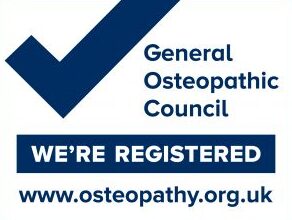
Yes it’s another post on gut health!
More and more research has been conducted on the importance of the human microbiome, essentially the study of the complex relationship between the bacteria in our gut and our health. The bacteria in our gut can affect the amount and type of vitamins being produced. They have the potential to influence conditions from autoimmune diseases, immune function, anxiety, mood disorders, obesity to allergies.
Watch the great video at the bottom of this post to get a quick reminder on the important relationship between our gut and health.
Why is it important?
Our life style and habits have a direct impact on the kind of gut bacteria that end up inhabiting and colonising our gut. There are favourable and some not so favourable bacteria that like to live in our gut. Simply put, favourable bacteria tend to thrive on fibrous, unprocessed foods. The not so favourable ones tend to thrive on processed refined foods (sugar, heavily processed bread products etc).
What we eat, how much rest we get, mental stress, exercise and repeated antibiotics exposure can all have an impact of what kind of bacteria end up living in our gut. In other words, you have direct control and influence on your health simply by choosing to eat foods rich in fibre and without much processing or refinement.
How do the gut bacteria relate to our health?
The research is still in its early days but these are what we know so far:
- They help us digest and process food.
- Producing certain vitamins such as B vitamins and others.
- Immune function; protecting against certain bacteria
- Has a role in indirectly training our immune system to recognise harmful bacteria


